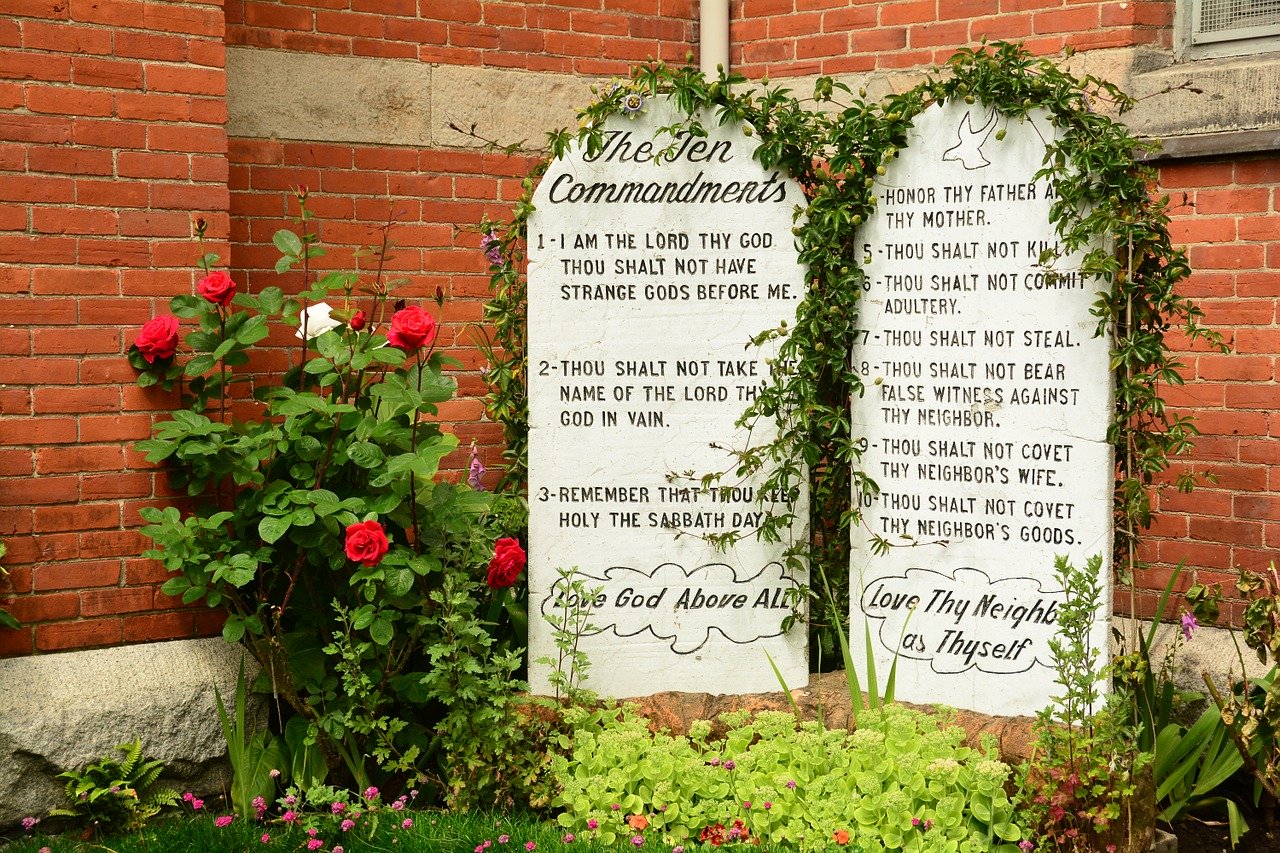The biblical tithe is 10% of crops and livestock. Although the church teaches the tithe is 10% percent of your income, the scriptures never describe the tithe as money. The tithe only consisted of items the Hebrew Israelites could eat and drink (Deuteronomy 14:24-26). Now, let’s take a closer look at the tithe meaning in the Bible.

Table of Contents
- Listen to the Podcast
- The Word Tithe
- The Lord Wanted 10% of What?
- God’s Instructions Regarding Money
- Summary
- FAQs About Tithing
Listen to the Podcast
The Word Tithe
Now, let’s define tithe in the Bible from a Hebrew perspective. There are two Hebrew words for tithe. They are “asar” and “ma-aser.” Asar means the tenth part. The word ma-aser means one-tenth. Whenever you read the word “tithe” in the Bible, it refers to 10%. However, the word tithe refers to an amount and specific items. To fully understand the meaning of tithe, we must ask one important question.
The Lord Wanted 10% of What?
Contrary to what is taught in the modern church, the Lord did not want a tithe (or tenth) of one’s income, money, or wages. In Leviticus, the Lord specifies that he wanted a tithe for what was produced from the land of ancient Israel. We find that this is consistent throughout the scriptures.
Leviticus 27:30
And all the tithe of the land, whether of the seed of the land, or of the fruit of the tree, is the LORD’S: it is holy unto the LORD.
Leviticus 27:32
All the tithe of herd or flock, everything which passes under the rod, the tenth one will be holy to the Lord.
Deuteronomy 12:17
You will not be allowed to eat in your villages your tithe of grain, new wine, olive oil, the firstborn of your herd and flock, any votive offerings you have vowed, or your freewill and personal offerings.
Deuteronomy 14:22-23
You must be certain to tithe all the produce of your seed that comes from the field year after year. In the presence of the Lord your God you must eat from the tithe of your grain, your new wine, your olive oil, and the firstborn of your herds and flocks in the place he chooses to locate his name, so that you may learn to revere the Lord your God always.
These verses explain that the biblical tithe consisted of crops and livestock – not money.
The biblical tithe consisted of crops (or agricultural produce). According to the scriptures, the Lord wanted a tithe (one-tenth) of everything produced from the land of ancient Israel. Therefore, the biblical tithe consisted of fruits, vegetables, grains, oils, wine, etc.
The biblical tithe also consisted of livestock. The livestock included lambs, goats, cows, bulls, sheep, etc.
The biblical tithe is what the children of Israel could consume in the form of food and drink.
God’s Instructions Regarding Money
There is only one instance in which money was used with the tithe. This is detailed in Deuteronomy 14:22-27.
The ancient Israelites did not have a centralized place of worship during this time. The Lord designated different locations where they would bring their tithes to EAT and DRINK in the presence of the Lord.
Deuteronomy 14:22-23
Thou shalt truly tithe all the increase of thy seed, that the field bringeth forth year by year. And thou shalt eat before the LORD thy God, in the place which he shall choose to place his name there, the tithe of thy corn, of thy wine, and of thine oil, and the firstlings of thy herds and of thy flocks; that thou mayest learn to fear the LORD thy God always.
According to the Bible, the Lord only accepted money when the ancient Israelites could not carry their tithe (crops and livestock) to the designated location. For some, the location was too far for them to travel. Because of this, their food spoils. In this instance, they could use money in place of the tithe. Now, the scripture explicitly describes how this money would be used.
Deuteronomy 14:24-26
And if the way be too long for thee, so that thou art not able to carry it; or if the place be too far from thee, which the LORD thy God shall choose to set his name there, when the LORD thy God hath blessed thee: Then shalt thou turn it into money, and bind up the money in thine hand, and shalt go unto the place which the LORD thy God shall choose: And thou shalt bestow that money for whatsoever thy soul lusteth after, for oxen, or for sheep, or for wine, or for strong drink, or for whatsoever thy soul desireth: and thou shalt eat there before the LORD thy God, and thou shalt rejoice, thou, and thine household,
In other words, the ancient Israelites were instructed to purchase their tithe (crops and livestock). They bought their tithe, such as oxen, sheep, wine, strong drinks, or whatever else they wanted to eat and drink.
This is the only circumstance in which money was used in place of the tithe. More importantly, the Bible teaches that it was the crops and livestock the Lord desired and considered holy – not money.
Summary
The Lord incorporated the tithe into the Law of Moses (or Mosaic Law). The Lord gave ancient Israel specific instructions on what to tithe.
We established that tithe means one-tenth (or 10%). However, the biblical tithe amount is one-tenth of crops and livestock — not money. It only consisted of items the children of Israel could eat and drink in the presence of the Lord.
The Bible makes it clear that the only instance in which money was used was when the ancient Israelites could not carry their tithe to the Lord’s designated location. They brought money to the location and purchased their tithe (crops and livestock). Otherwise, a tithe in the form of money was not acceptable.
Based upon biblical scriptures, the Lord would reject a monetary tithe (10 percent of income) as it is practiced in the Christian church today.
FAQs About Tithing
Is Tithing Money in the Bible?
Tithing money is not mentioned in the Bible. In the Old Testament, tithing involved giving one-tenth of agricultural produce and livestock, not money. This was because the ancient Israelites primarily relied on agriculture and livestock for their sustenance, and the tithe supported the religious community and those in need. (Leviticus 27:30)
Find Out More

Discover the hidden truth about tithes the church doesn’t want you to know. Click here. All verses listed are from the King James Version of the Bible unless stated otherwise.









